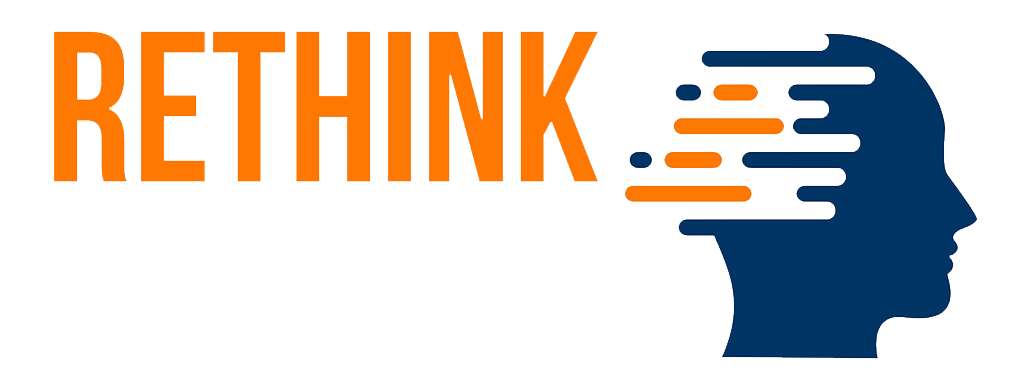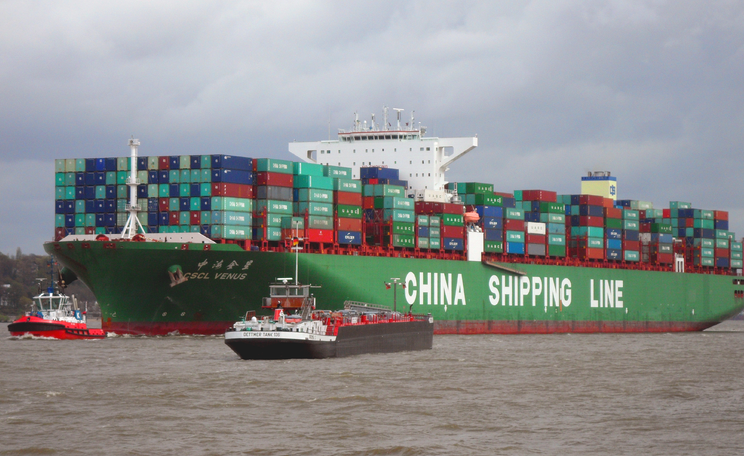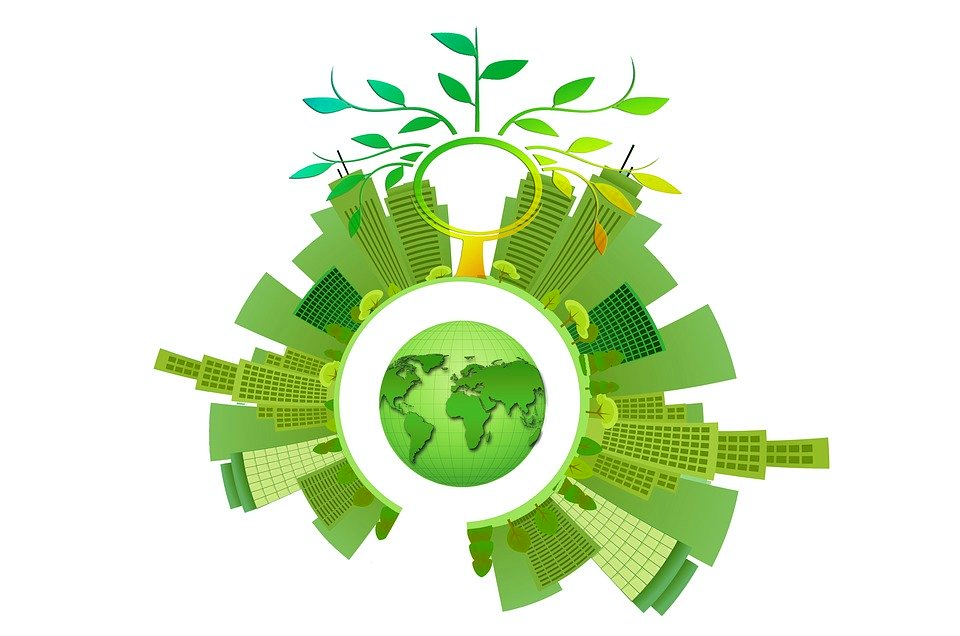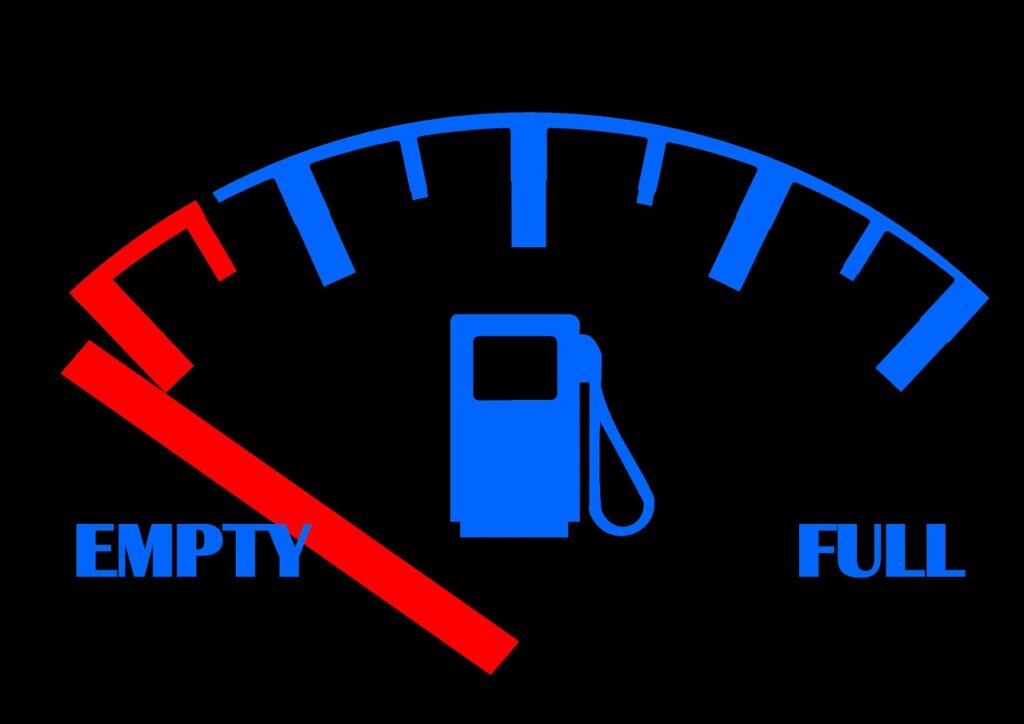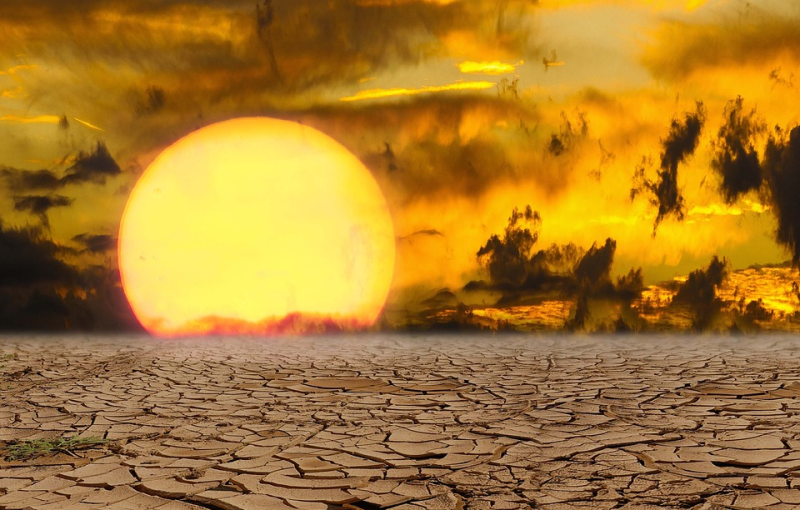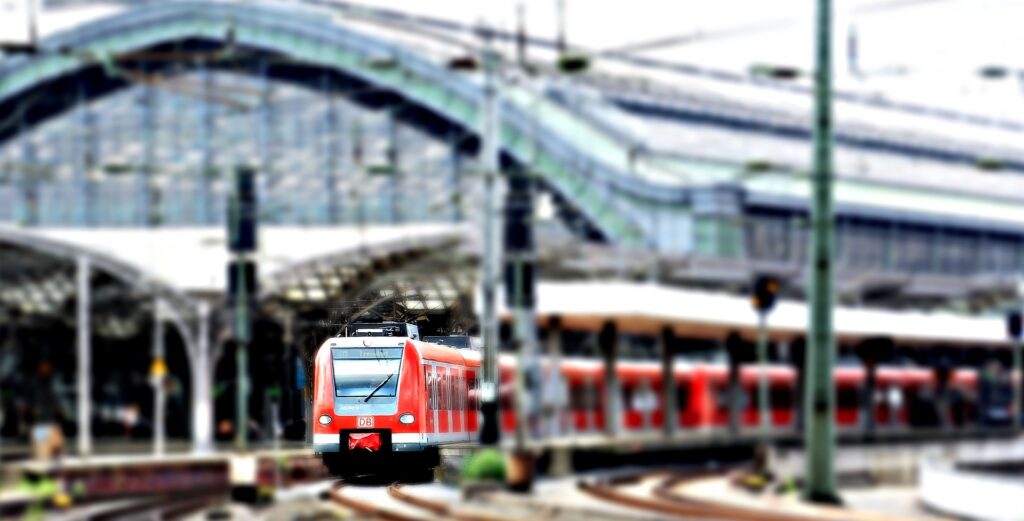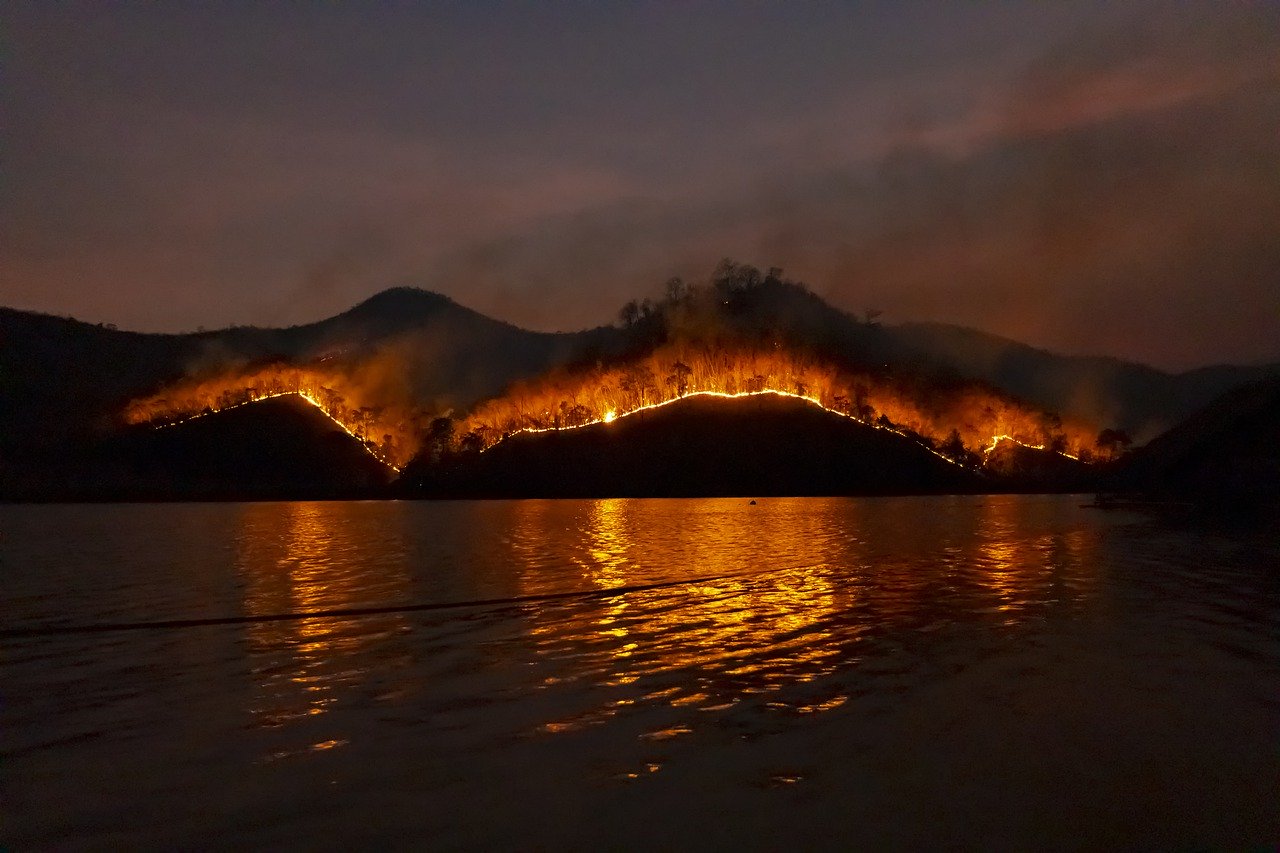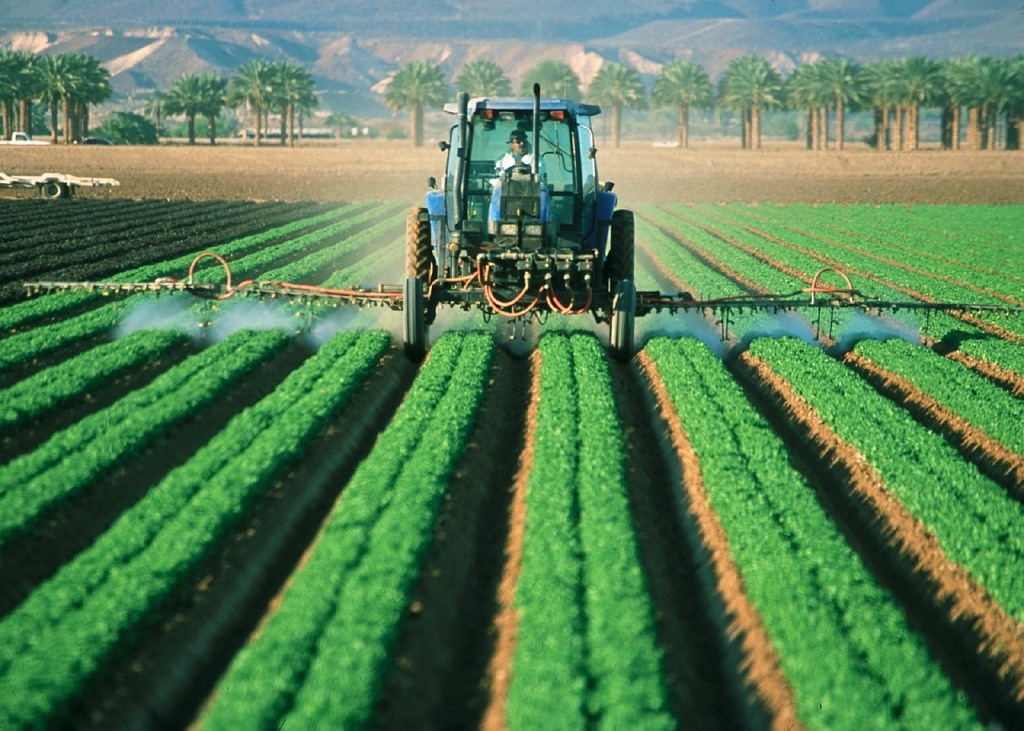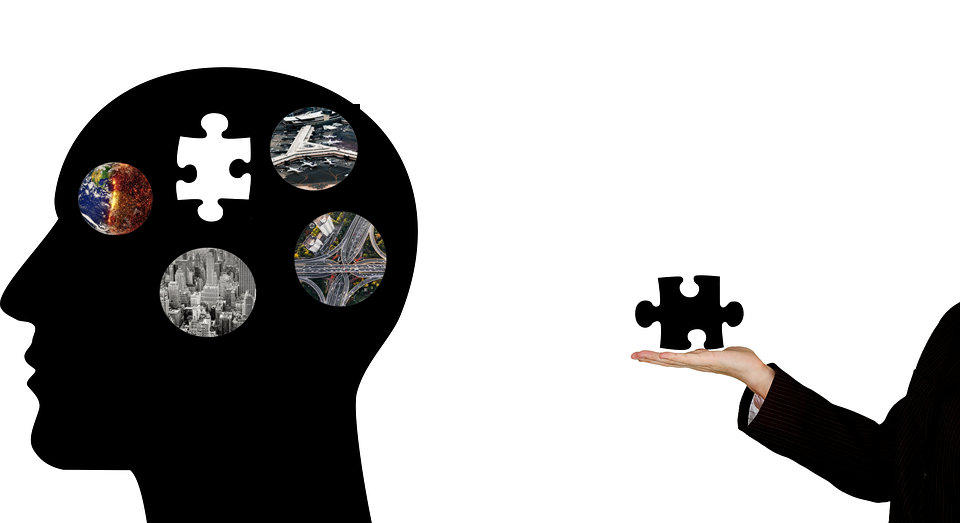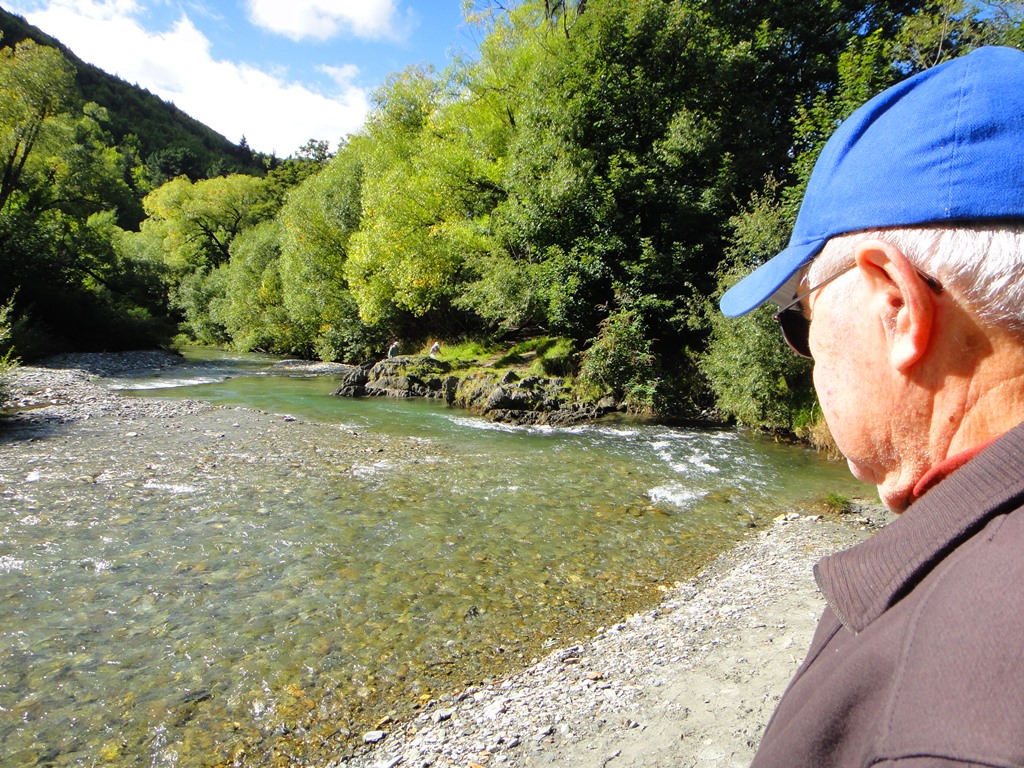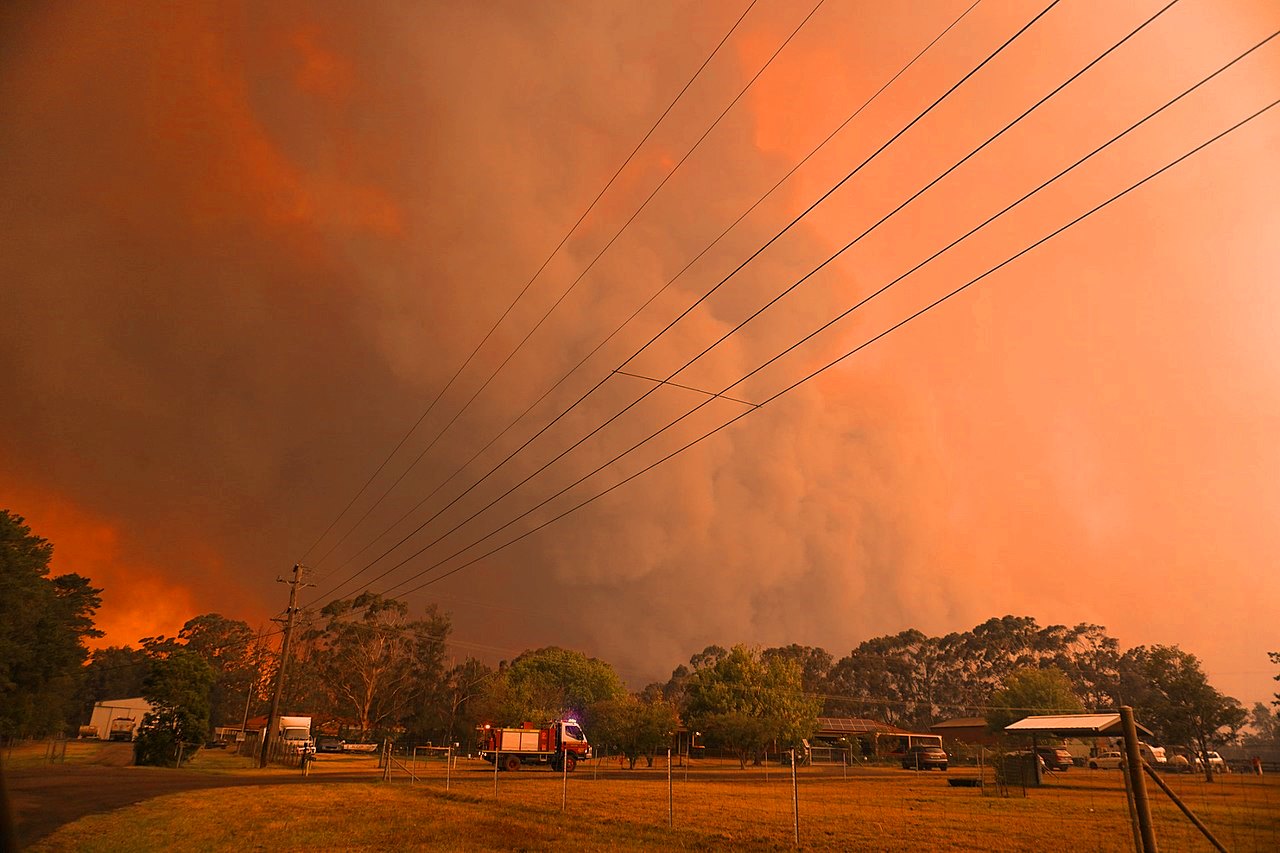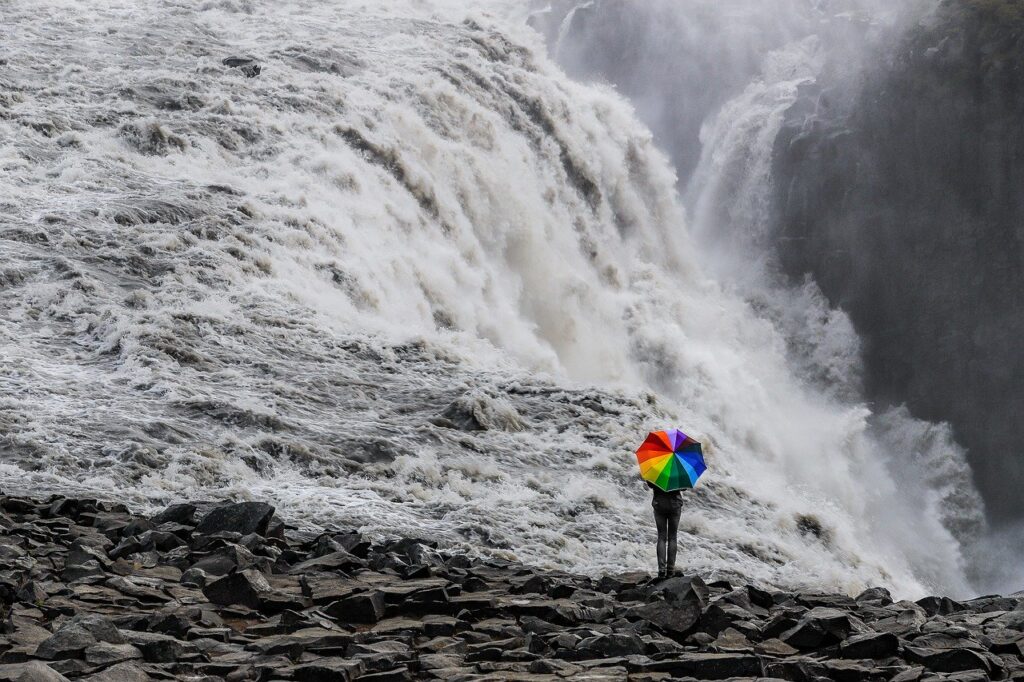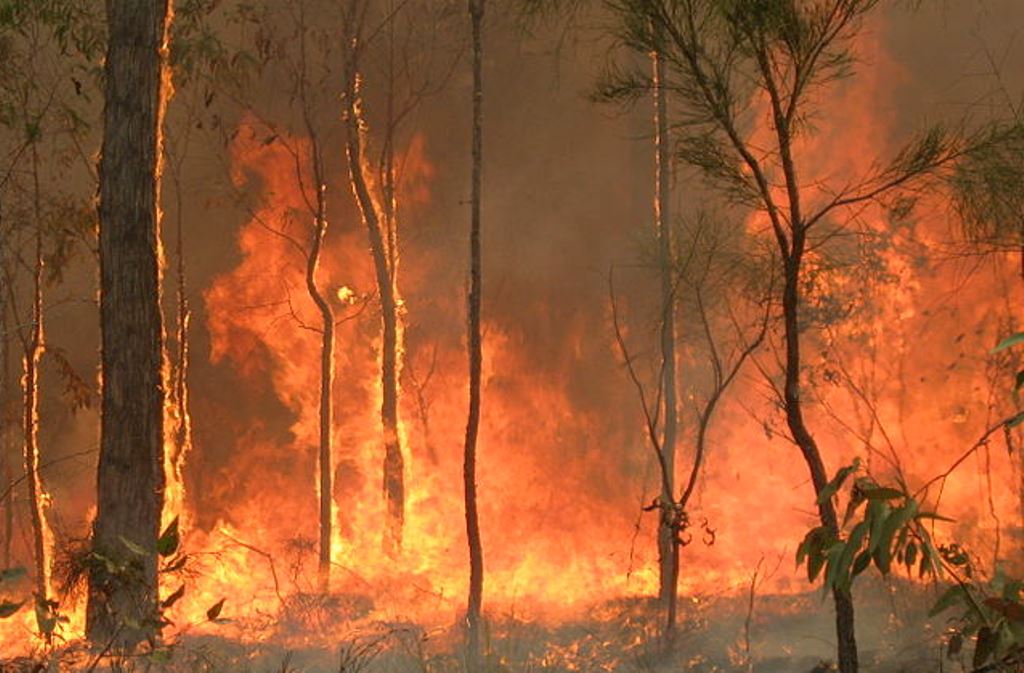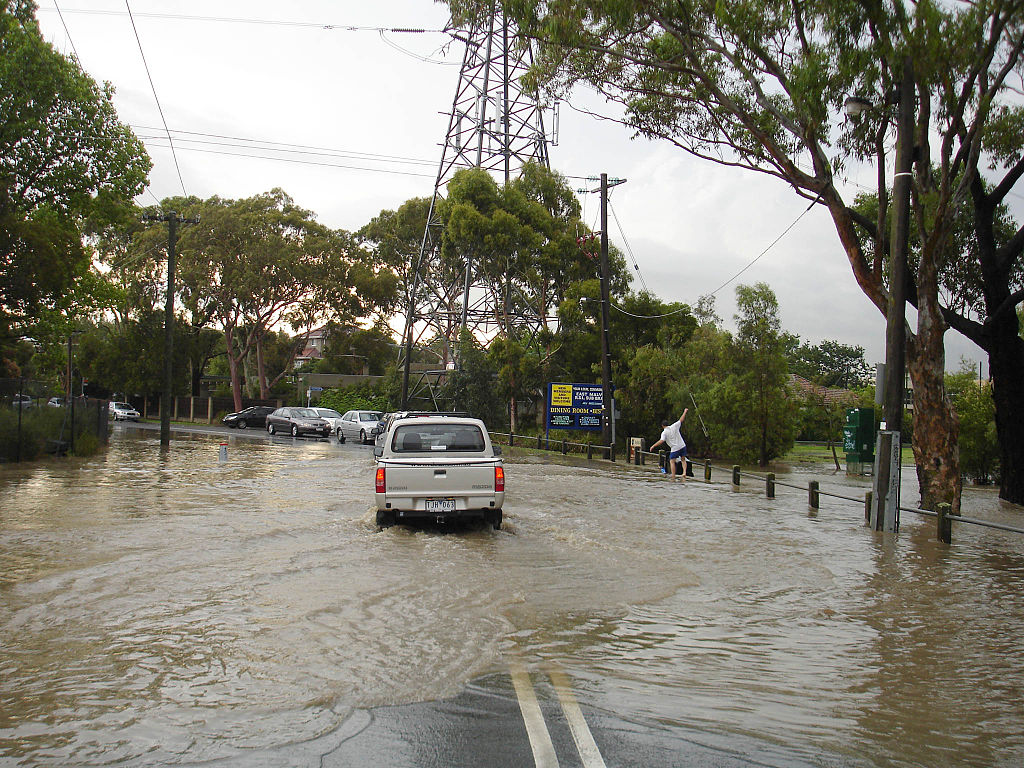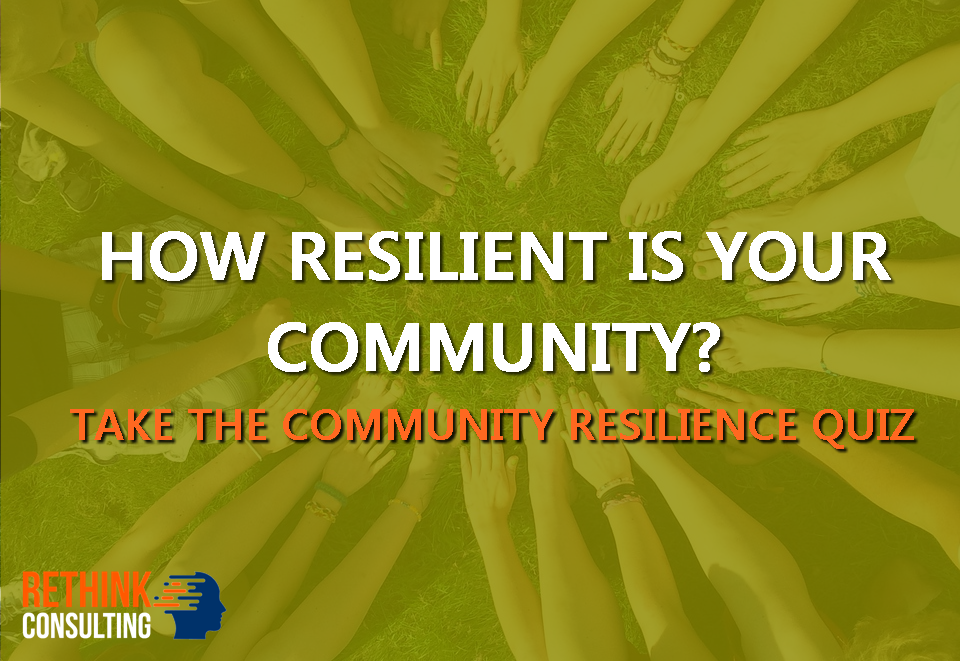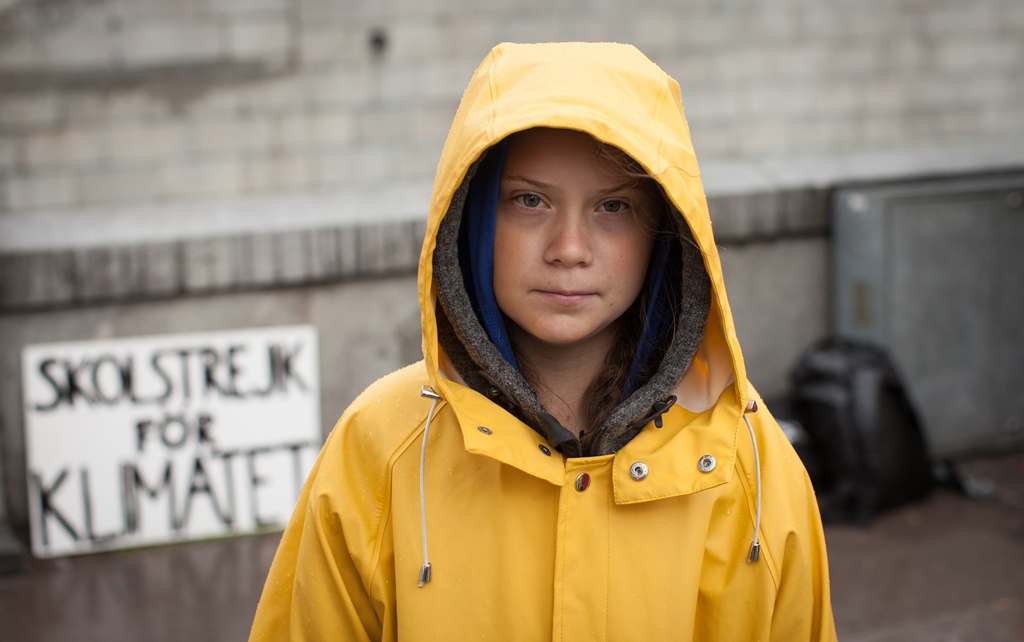COVID 19 - A WAKE UP TO TO BUILD RESILIENCE
The Covid crisis has highlighted the systemic vulnerabilities and flaws of the current global just-in-time systems under which much of our current society functions. The pandemic created widespread disruptions to shipping, air freight, suppliers of most consumer goods and impacted tourism operations around the globe.
Shifting the Paradigm - REGENERATE 2030 Workshop
The recent outbreak of COVID-19 which has killed thousands of people across the globe over recent weeks is an example of the vulnerability and risks we face in our current highly complex industrial economy. The virus has interrupted global supply chains, wiped billions off equity markets and will continue to impact logistics, the supply of goods and services and impact company earnings into the coming months if not longer.
No food, no fuel, no phones: bushfires showed we're only ever one step from system collapse
This summer’s bushfires were not just devastating events in themselves. More broadly, they highlighted the immense vulnerability of the systems which make our contemporary lives possible.
To Avoid Catastrophic Climate Impacts we need to Understand these Four Things
The unprecedented bush fires in Australia have seen the Navy called in to evacuate citizens from fire ravaged areas who are cut off from escape routes due to the catastrophic fires. The recent rescue efforts of thousands of people from a beach in Mallacoota by HMAS Choules resembled scenes of soldiers being rescued from the beach of Dunkirk.
Rethinking Food Production in Australia in Light of the Climate Crisis
There has been significant coverage of the plight of farmers over recent months. Anecdotal stories and commentary reaching the media include: “this is by far the worst drought I have ever seen,” “the government has abandoned farmers” to “there was no rain at all to sow a crop this year” and “the rain events are fewer and further between.” These seem to be common threads within much of the farming community within Australia.
Transitioning to a Low Carbon Future with Transition Engineering...
The first rule of engineering is ‘define the problem’. It is not a great surprise that the engineering professions have spent the past twenty years going about business as usual, including working on ‘green’ technologies that are perpetually ten years away from technical and economic viability.
A conversation with Mik Aidt - one of the key drivers behind the climate emergency declaration
The climate emergency terminology captured international media attention and after very little progress in the first two years, it suddenly started to spread to government authorities, and beyond. Currently there are over 1,000 local government authorities in 20 countries having declared a climate emergency with a total of approximately 226 million citizens living in a municipality, region or nation of a declared emergency.
Our Addiction to Fossil Fuels has Made us Less Resilient as a Society
What has been the most important innovation of the 20th Century? Among some of the most common answers include, aeroplanes, nuclear energy, space flight, television, computers, the iPhone. Yet none of these come close to matching the impact the synthesis of ammonia from its elements has had on the world.
As well as having a climate crisis, we have a crisis of expectations...
The success of Greta Thunberg has been astronomical in putting the climate debate front of stage throughout the mainstream media, with television, radio and the Internet awash with Greta mania. While there seems to be a rush for a renewable future with an emphasis on solar, wind and a host of other techno fixes, it seems most of the low hanging fruit are being overlooked.
Humanity and nature are not separate – we must see them as one to fix the climate crisis
From transport and housing to food production and fashion, our civilisation is driving climate and ecological breakdown. It’s no coincidence that almost every single sector of industry is contributing to the planet’s downfall, either. A deeper issue underlies each one’s part in the malaise enveloping the planet’s ecosystems – and its origins date back to long before the industrial revolution.
The new normal will be something that we think is normal, but will be totally abnormal…
Creeping normalcy is a term used to describe how gradual changes can be accepted as the normal situation if these changes happen slowly, or incrementally. Jared Diamond made the term 'creeping normalcy' popular in his Pulitzer prize winning book, Collapse - How Societies Choose to Fail or Succeed. Diamond outlines how Politicians use the term ‘creeping normalcy’ to refer to such slow trends concealed within noisy fluctuations.
The Benefits of Building Resilience for Organisations and Communities
Resilience has become a buzzword, with civic organisations, think tanks, community groups, corporations and local business addressing potential risks. A system is said to be resilient if it has the capacity to defend against, adapt to and repair itself after disturbances. The converging crises (environmental/climate), social and financial are inextricably linked. There are numerous challenges we face on a societal and planetary level today.
Australia Burns as the Political Debate Continues to Rage
Mainstream media has been awash with political rhetoric and mudslinging from both sides of the political divide, over the causes of the fires, who’s to blame and the ‘unprecedented’ nature of these events. Politicians are ducking for cover from protesters, experts and citizens who are expressing anger and frustration from the lack of action and leadership demonstrated by the coalition government.
Disaster hits small business in many ways. We need a national strategy to help them adapt
When the central business district of Lismore was flooded in 2017, every small business owner in the northern New South Wales town had a decision to make. Should they rebuild their businesses, or take whatever insurance money they might get and move on?
How Resilient is Your Community?
We are living through interesting, uncertain and challenging times. This period of transition will present challenges and opportunities for business, individuals, society and communities. While the problems are daunting there are solutions. We already have the tools, resources and collective knowledge to facilitate significant change and redesign how we live to become more resilient.
The Aussie Connection to Greta Thunberg
The Sustainable Hour first interviewed Greta Thunberg in August of 2018 on the third day of her climate strike in front of the Swedish parliament. I asked Mik how things unfolded in regard to Greta and the link with The Sustainable Hour.
